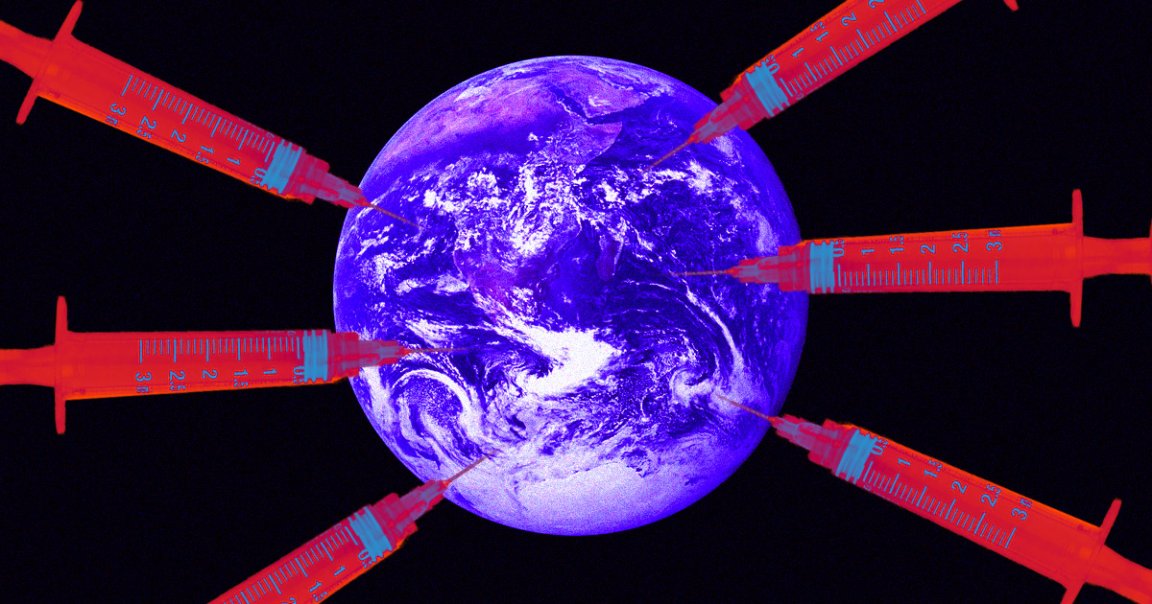
Pharmaceutical companies are racing to develop a safe and effective vaccine for the coronavirus.
But even with manufacturing ramped up significantly, there won’t be enough of them available for the entire globe until the end of 2024, according to the Financial Times.
“It’s going to take four to five years until everyone gets the vaccine on this planet,” Adar Poonawalla, chief executive of the Serum Institute of India, told the newspaper.
Dragging down the feasibility, Poonwalla says that such a vaccine would likely need to include a second booster shot, like for the measles or rotavirus vaccine. That would mean 15 billion doses in total for the entire globe.
“I know the world wants to be optimistic on it . . . [but] I have not heard of anyone coming even close to that [level] right now,” Poonawalla added.
Politicians, particularly in the US, have long promised that COVID-19 vaccines would be readily available, even as soon as late 2020.
In July, top US infectious disease expert Anthony Fauci told a House panel that he is “cautiously optimistic” that a COVID vaccine will be made available in the US in late fall or early winter.
But what about the developing world? Poonawalla is in charge of the world’s largest vaccine manufacturer by volume. The Serum Institute produces about 1.5 billion doses every year for more than 170 countries — but for a laundry list of other infectious diseases.
As part of an agreement with AstraZeneca, the biotech company in charge of distributing the University of Oxford-developed vaccine, the Institute is planning to produce doses that cost only around $3 for 68 countries. A separate agreement with another company would expand the reach to 92 countries.
It may not be a silver bullet, but a vaccine could help us reign in the spread of the virus in large swathes of the globe.
Two or more vaccines with at least a 75 percent effectiveness rate would “be enough to curb the spread of infection and stall the pandemic — though not good enough to consign the virus to the dustbin of history,” Peter Hale, executive director of the Foundation for Vaccine Research in the US, told FT.
The next challenge for the Serum Institute will be how to deliver a vaccine, which will likely need to be cold-packed to ensure safety.
“You don’t want a situation with the vaccine where you have capacity for your country but you can’t consume it,” Poonwalla said.